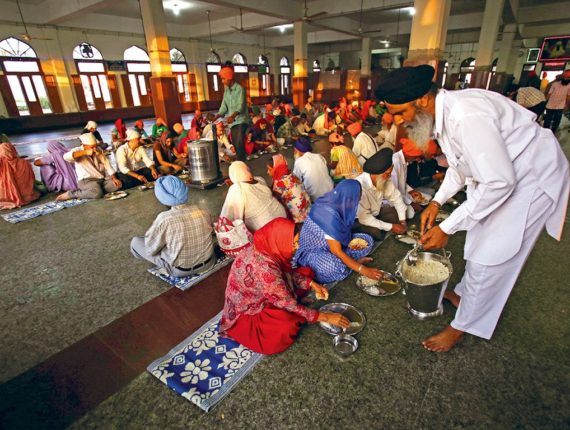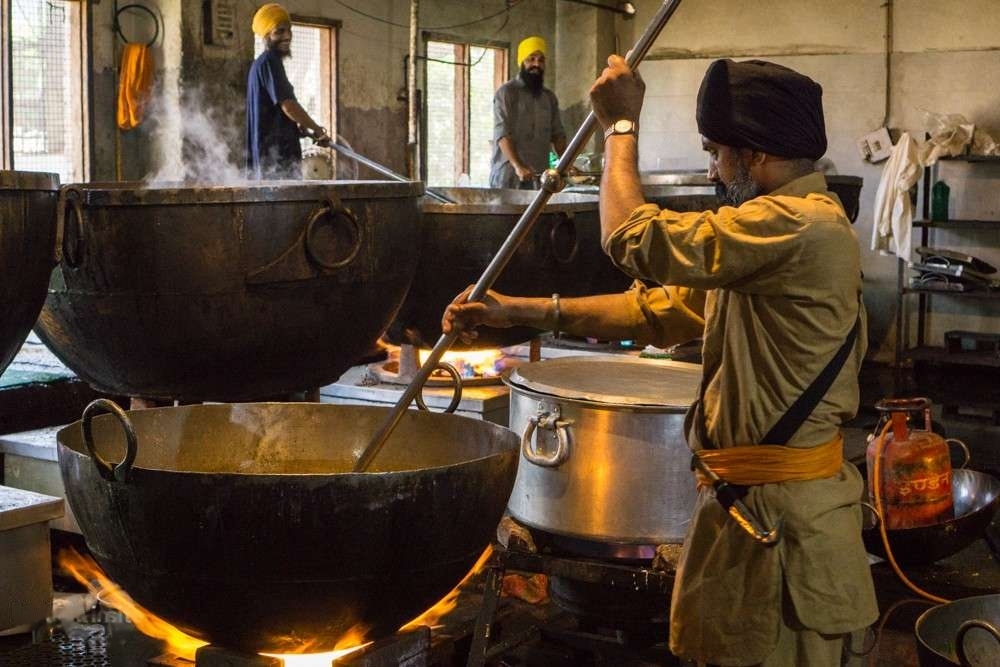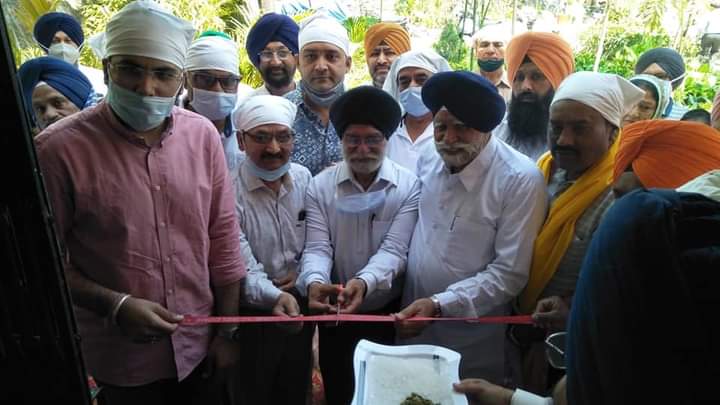PROJECT 1
Guru- ki -Rasoi

Philosophy of Langar.
Equality :
Guru Nanak Dev Ji introduced the concept of Langar to challenge the caste system and the divisions in society. Langar serves as a reminder that in the eyes of God, everyone is equal. It is a practice of feeding people from all walks of life—rich or poor, Hindu or Muslim, Sikh or non-Sikh, with no discrimination based on caste, creed, gender, or religion.
Seva (Selfless Service) :
Langar is an expression of seva, where volunteers (known as sevadaars) selflessly cook, serve, and clean, expecting no reward. This is a direct reflection of Guru Nanak's message that selfless service to humanity is the highest form of devotion.
The Role of Langar in Sikhism :
Langar is open to all, irrespective of who they are or where they come from. This practice breaks down social barriers, promoting inclusivity and a sense of community. It fosters a spirit of shared humanity and helps people see each other as equals.
How Langar Works
% of satisfied people
% of hungry people
Preparation of Food:
Langar food is usually prepared by volunteers, known as sevadaars, who work in the kitchen. The food is cooked in large quantities, and the ingredients are typically donated by community members or procured through fundraising. In many gurdwaras, food preparation is a continuous, daily activity to ensure that Langar is available at all times.
Serving the Food:
Volunteers serve the food to everyone in the langar hall, where people sit on the floor in rows (known as Pangat). This sitting arrangement is significant because it emphasizes humility and equality—everyone sits together, irrespective of their status or position in society.




